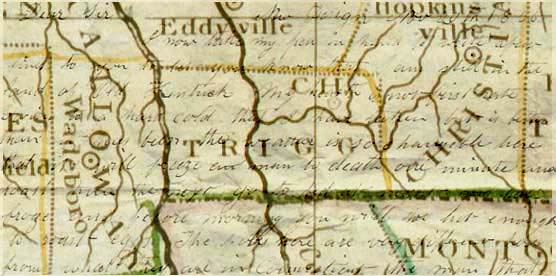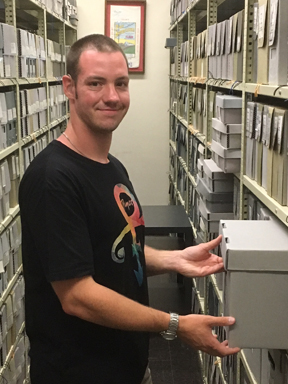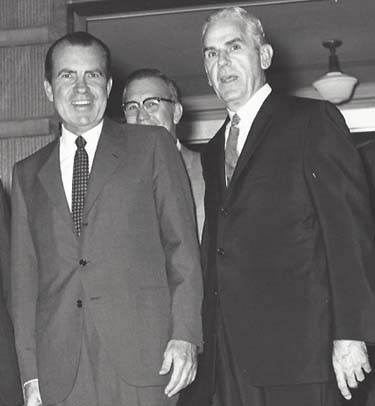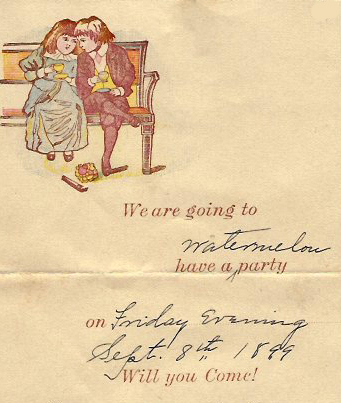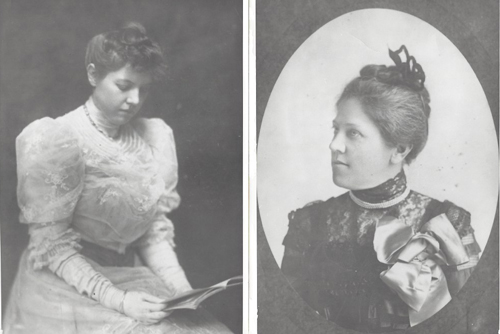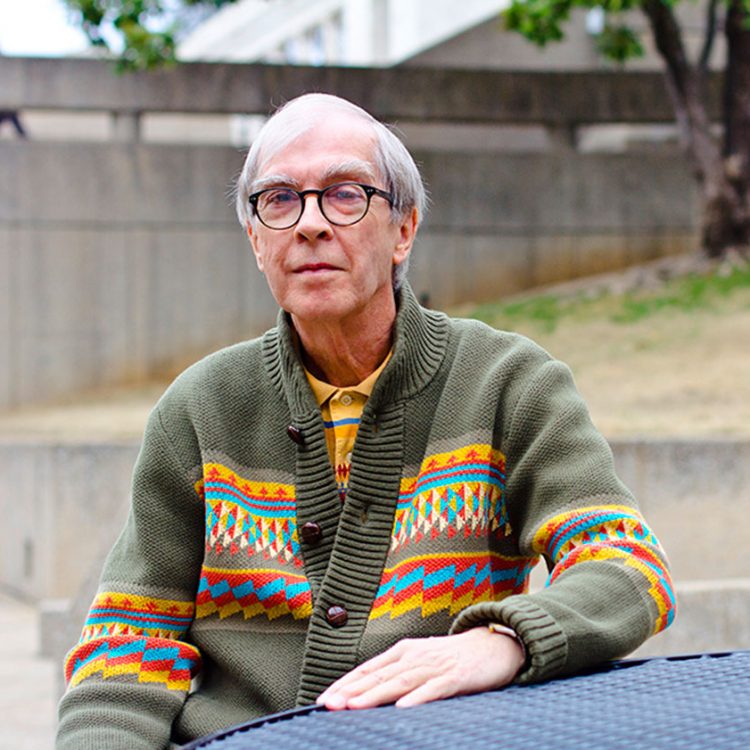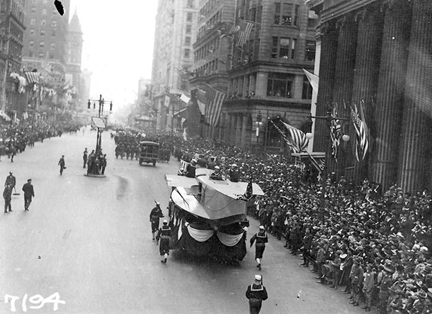
Philadelphia’s Liberty Loan parade on Sept. 28, 1918 triggered one of the worst outbreaks of flu in the country.
Besides the 100th anniversary of the end of World War I, 2018 marks the centennial of one of the deadliest scourges in history, the 1918 influenza pandemic. Striking in three waves, the outbreak finally subsided in summer 1919, leaving tens of millions dead worldwide and about 675,000 in the United States.
Lacking the means to diagnose flu viruses or any drugs to combat them, the medical community was overwhelmed. But the scale of the pandemic seemed to do little to dampen the enthusiasm of George Hays, then working for the U.S. Public Health Service. Writing in February 1919 to his stepmother Georgia (Carley) Hays, a native of Scott County, Kentucky, George gave her an account of his experiences among the sick at Philadelphia General Hospital that was both upbeat and curiously matter-of-fact.
Cash-poor and in debt to his stepmother, George had at first contemplated a two-week paid stint in New York “to help inoculate the Police force with a new pneumonia serum.” The assignment in Philadelphia, however, with medical tutelage under two renowned instructors, looked to be more beneficial in the long run. “We have been given a new ward of Men’s Medical and all of Women’s Influenza,” he wrote. He felt lucky, for with this newly opened ward came fresh new patients, instead of “a number of old bed-ridden uninteresting patients who have been here for years.” The women’s influenza ward, he observed clinically, “is a good thing also because all cases are new and they either get well or die and leave room for new ones quickly.” Finally, there was the challenge of weeding out cases “sent to Flu because they give a history of symptoms similar to Flu, when in reality they are not Flu at all.” And so, decided Hays, here lay a great opportunity to hobnob with some “really big men of the surgical and medical world,” see the sights of Philadelphia, and forget about his own bout with the flu, which had left his heart struggling under “terrific prostrating toxemia.”
George Hays’s letter is part of the Manuscripts & Folklife Archives of WKU’s Department of Library Special Collections. Click here for a finding aid. For other collections about the influenza pandemic, search TopSCHOLAR and KenCat.

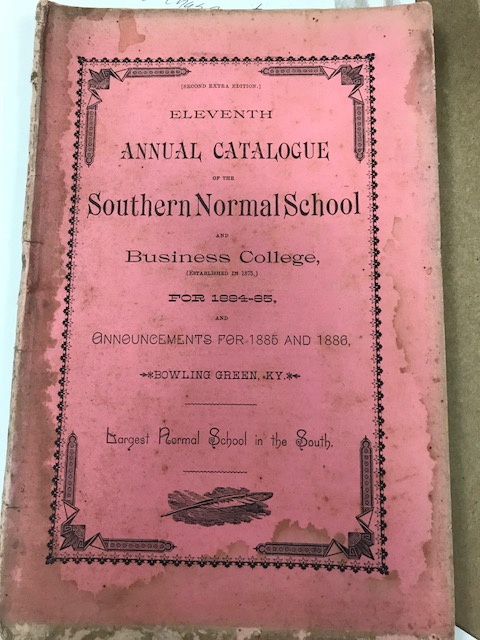 WKU Archives’ newest acquisition is this
WKU Archives’ newest acquisition is this 

